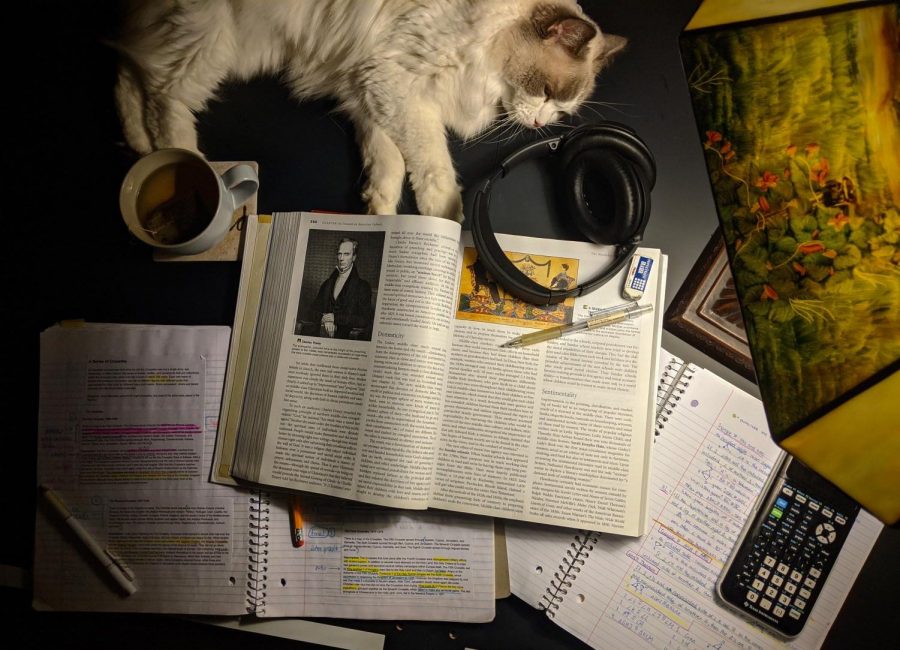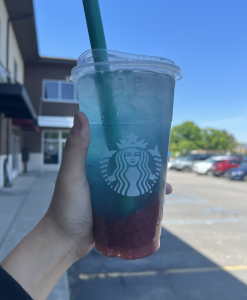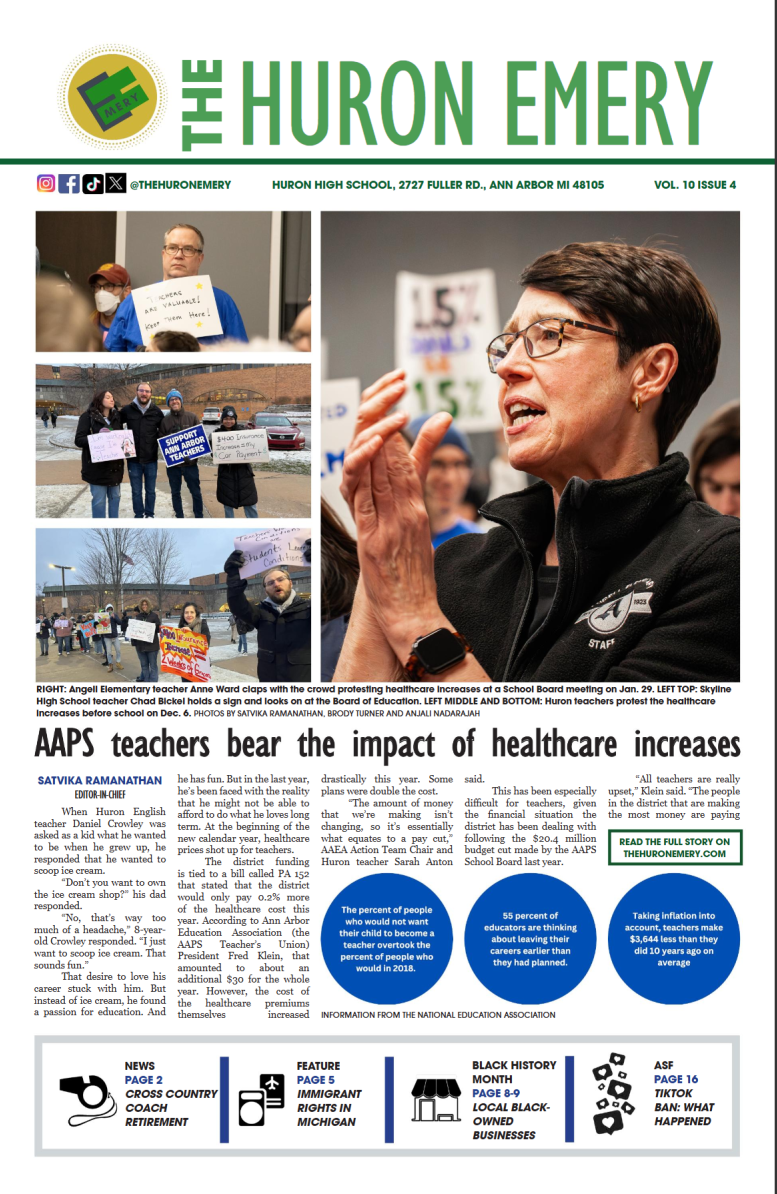Extinguishing the midnight oil
When it comes to the point where we have glorified all-nighters, sleep needs to be taken more seriously.
October 1, 2020
It begins at 7 a.m. when my alarm clock has been snoozed a dozen more times than what the school start time would deem legal. It seems as though there is no place better than the warmth of my bed. When I do eventually—and miraculously—get out of bed, I promise myself that I will go to sleep earlier that night and thus wake-up earlier the next day.
It’s 10 p.m. and I have enough energy to keep me awake for at least another two hours. I tell myself that tomorrow morning I will likely score the same on my energy barometer. I will be fine.
It’s 7 a.m. and I am not fine.
It wasn’t until I read a book called “The Teenage Brain” when I learned that my disastrous sleep-wake habits weren’t completely my fault. Surprise, surprise, teenage hormones took the blame once again. During pre-puberty, our circadian clock directs us to feel sleepy by 8:00 or 9:00 p.m. However, teenagers experience this process called “sleep phase delay” where our sleep-wake rhythm is pushed back a couple of hours, now signaling us to sleep around 10:00 or 11:00 p.m. Plus, with the addition of constant blue light emitted from electronics, our natural sleep time is shifted even further. And the early school starts aren’t exactly obliging to us.
Still, this unasked for “sleep phase delay” can’t constantly be our scapegoat. In fact, it may even benefit you to not make it a habit of going to sleep late. The mental note and pressure to be asleep just an hour or two earlier forces you to finish your work sooner. According to Parkinson’s Law, “work expands so as to fill the time available for its completion.” This ties in with the same claim that the busier you are, the more productive you will be due to increased motivation. Setting your sleep time just to be an hour earlier will create the same effect where you acknowledge that you have less time to complete your tasks, so you strive to accomplish them more productively.
This is a win-win situation on both ends. In addition to increased productivity, you get more sleep. Sleep is crucial. You’ve heard that many times—151 and counting. Yet, we still ignore it. It’s often easier to put more faith in the act of studying from notes and practice tests than from laying in a supine position for seven hours—that’s only on good days, too. Though we can see our scribbles on notebooks, the reorganization of our microscopic neurons and nerve cells are as important.
Think of your brain as a race car. Race cars have to make pit stops during races since it is so energy-depleting. There, the pit crew changes tires, refuels the car and checks and repairs certain parts of the vehicle. Your brain is analogous to this example. It needs its pit stop, which is sleep, to get a visit from its personalized pit crew to restore energy levels, repair body cells and shelve new information. Without this necessity, just like the race car, your brain will run out of fuel and fail to complete your day’s race track.
A likely event—or as some students call: an obstacle—on these “race tracks” are tests and exams. You’ve heard it 152 times that sleep is crucial, but it is especially the nights leading up to test days. Sleep is a chief factor to performing well on a test due to increased energy levels and brain efficiency. But instead of a wholesome eight hour slumber, we choose a much more clever path.
No sleep at all.
We have even come to glorify the act of pulling an all-nighter. It has come to infer a restless night (true) of vigorous work (likely false). The golden hours for learning usually rest between 10:00 a.m. to 2:00 p.m. and 4:00 p.m. to 10:00 p.m. The lowest time of learning productivity and efficiency of information retainment is found from 4:00 a.m. to 7:00 a.m. In other words, the amount of work which takes a certain amount of hours in your brain’s prime times would take even longer to accomplish in order to meet that same quality of learning in the span of time of that undecided all-nighter. This is a case where valuing quality over quantity is essential.
However, our life is beyond race tracks and exams and so are the ramifications for little hours of sleep. Simply put, shorter sleep leads to a shorter life. Due to the lack of sleep, you’ll get wrinkles, dark circles and pallid skin earlier on. In other words, you’re aging quicker and shortening your lifespan. Little sleep also makes you more prone to illnesses by wearing down your immune system and reducing its efficiency to fight and recover from viruses. During your sleep, a protein called cytokines is released. When you’re sick, cytokine production increases to ward off infections and inflammations. With sleep deprivation in the game, cytokine stock is at a low, making you more and more vulnerable.
At the end of the day, no matter how important sleep is, I know your life is complicated. But is it complicated enough so that sleep always gets the shorter end of the stick? Because eventually, it will be your life that will have to bear the brunt.











